글
(그림 영어동화 읽기) The Little Red Hen
중고등학교에서 영어성적 상위 1%에 드는 학생이라면 대체로 초등학교 때 영어동화책을 많이 읽은 학생입니다. 읽기는 모든 공부의 기초이면서 또한 완성입니다. 이런 동화들을 죽죽 읽어 나가다 보면 영문독해력은 그야말로 가랑비에 옷 젖듯이 자기도 모르게 쑥쑥 향상됩니다. 일단은 공부한다는 생각을 버리고 재미있게 읽는데 촛점을 맞추시기 바랍니다. 욕심을 버리고 재미있게 읽다보면 독해실력은 저절로 따라오죠. 욕심을 버리는 것! 이게 어렵습니다.
말이 나온 김에, 단어 이야기도 좀 하겠습니다. 모르는 단어도 여러번 실제 상황 속에서 만나게 되면 대충의 뜻을 저절로 알게 됩니다. 심지어 그 단어의 분위기나 색깔은 사전에서 보다 더 정확히 알 수 있습니다. 또 이렇게 체득된 단어는 아주 오래 갑니다. 단어실력을 유지하는 데도 독해가 최고죠. 최소한의 독서량을 유지만 해도 단어실력은 줄지 않습니다.
독서량이 늘면 어휘력이 증가되는 것은 물론, 기존의 어휘력이 유지 되며, 더 나아가 대충 알고 있던 의미가 더 정확해지고 뚜렷해 집니다. 저처럼 평소에 무식하게 단어만 따로 외웠더라도 나중에 독해를 많이 하게 되면, 여러 상황 속에서 그런 단어들을 접하게 되므로 독해를 하면서 외운 단어들처럼 깊이 체화됩니다. 한 마디로, 독해야말로 어휘력을 늘리고 유지하고 정확히 하는 데도 최선의 방법입니다. 그래서 독해는 종합공부인 것이죠.
참고로, 상급자라 해도 다 같은 실력은 아닙니다. 하늘과 땅 차이일 수도 있습니다. 그러면 초기 상급자란 무엇인가? 일단 독해에 자신감이 있고 어떤 문장에 대해서도 거부감이 없는 상태이며 모르는 문장들이 나오더라도 실망하기 보다는 의욕과 투지가 불타는 수준을 말합니다. 어떤 상황에서도 포기하지 않고 오히려 모르는 문장들을 발전의 기회로 바라보는 수준이죠. 이 수준까지 가면 일단 그 사람은 영어가 강점이 되었으며 더 이상의 단계로 가는 것은 그냥 시간문제입니다.
-----------------------
The Little Red Hen
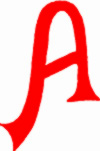
Little Red Hen lived in a
barnyard. She spent almost all of
her time walking about the barnyard
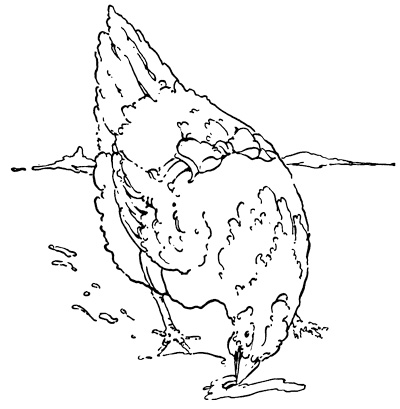
in
her
picketty-pecketty
fashion,
scratching
everywhere
for
worms.

he dearly loved fat, delicious worms and felt they were absolutely necessary to the health of her children. As
 often as
often as
she
found a
worm
she
would
call
“Chuck-chuck-chuck!” to her chickies.

hen they were gathered about her, she would distribute choice morsels of her tid-bit. A busy little body was she!
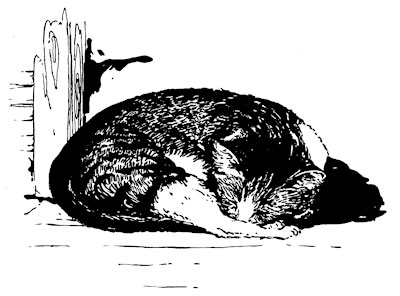
A cat usually napped lazily in the barn door, not even bothering herself to scare the rat who ran here and there as
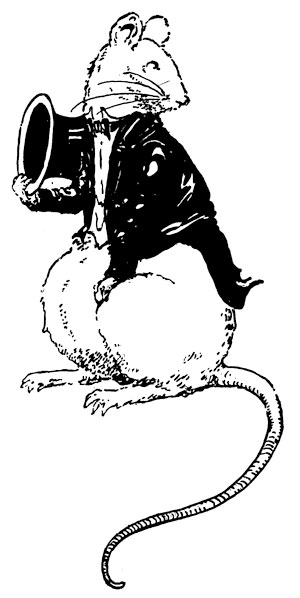
he pleased.
And
as for
the pig
who lived
in the
sty—he
did
not care what
happened so long as he could eat and grow fat.
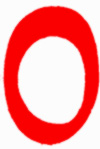
ne day the Little Red Hen found a Seed. It was a Wheat Seed, but the Little Red Hen was so accustomed to bugs and worms that she supposed this to be some new and perhaps very delicious kind of meat. She bit it gently and found that it resembled a worm in no way whatsoever as to taste although because it was long and slender, a Little Red Hen might easily be fooled by its appearance.

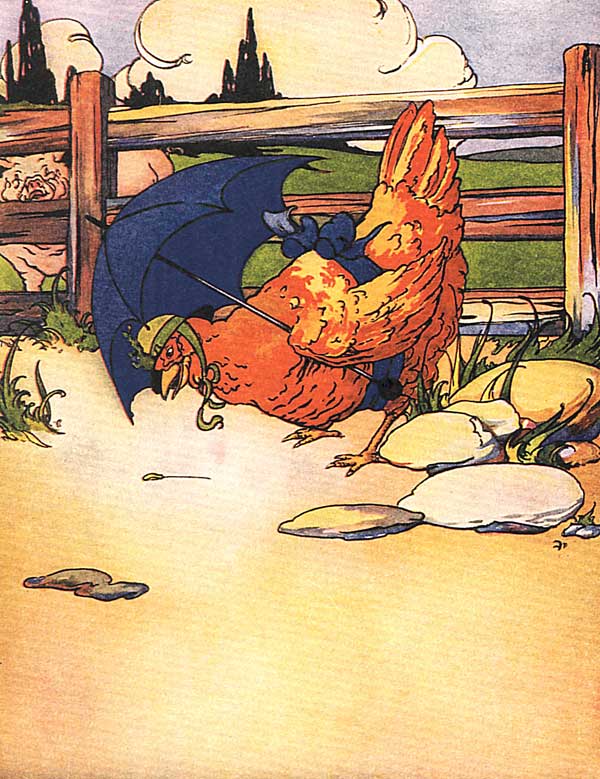

arrying it about, she made many inquiries as to what it might be. She found it was a Wheat Seed and that, if planted, it would grow up and when ripe it could 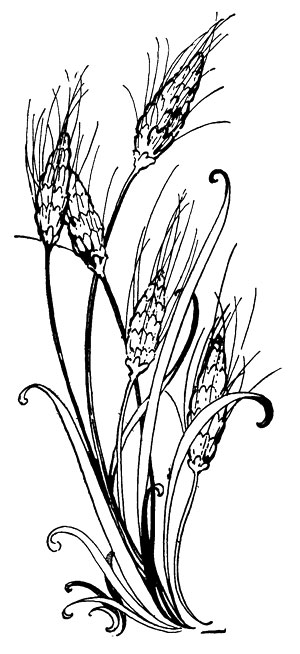 be made into flour and then into bread.
be made into flour and then into bread.
When she discovered
that, she knew it ought
to be planted. She was
so busy hunting food for
herself and her family
that, naturally, she
thought she ought not
to take time to plant it.
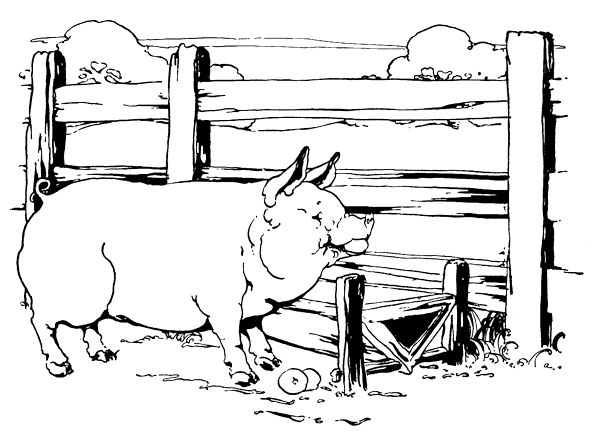

o she thought of the Pig—upon whom time must hang heavily and of the Cat who had nothing to do, and of the great fat Rat with his idle hours, and she called loudly:

“Who
will
plant
the
Seed?”
But the Pig said, “Not I,”
and the Cat said, “Not I,”
and the Rat said, “Not I.”
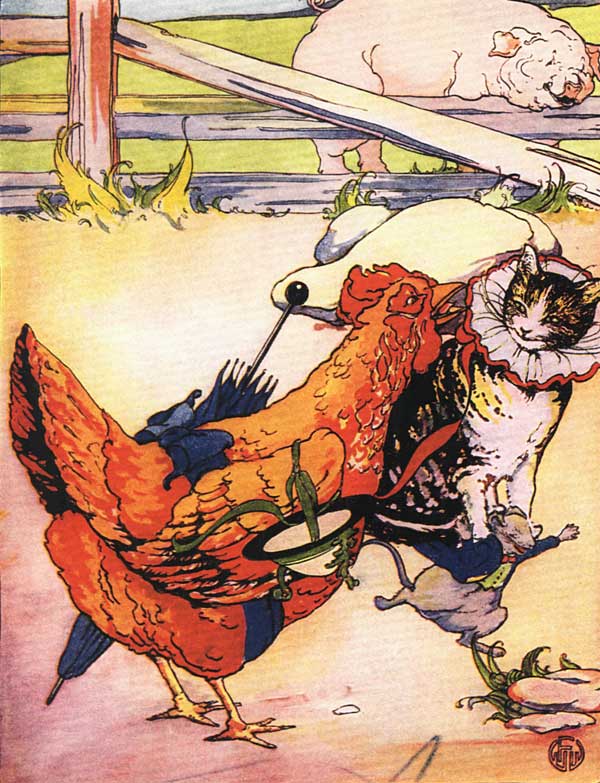
“Well, then,” said the Little Red Hen, “I will.”
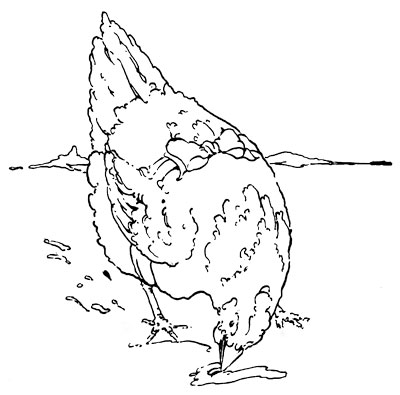
And she did.
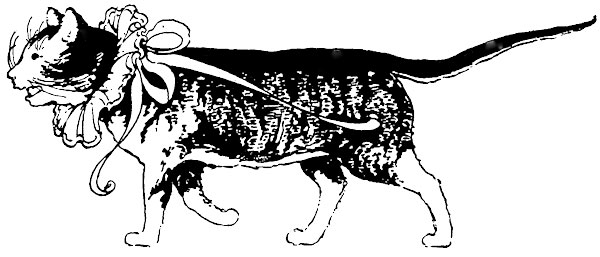
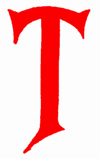
hen she went on with her daily duties through the long summer days, scratching for worms and feeding her chicks, while
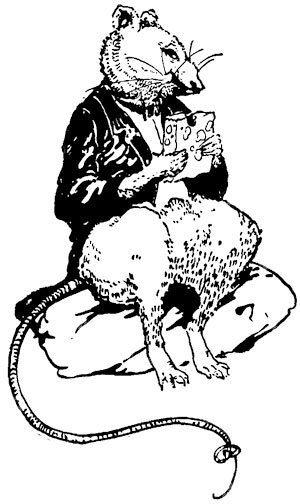 the Pig grew fat,
the Pig grew fat,
and the Cat grew fat,
and the Rat grew fat,
and the Wheat
grew tall and
ready for
harvest.

o one day the Little Red Hen chanced to notice how large the Wheat was and that the grain was ripe, so she ran about calling briskly: “Who will cut the Wheat?”
The Pig said, “Not I,”
the Cat said, “Not I,”
and the Rat said, “Not I.”
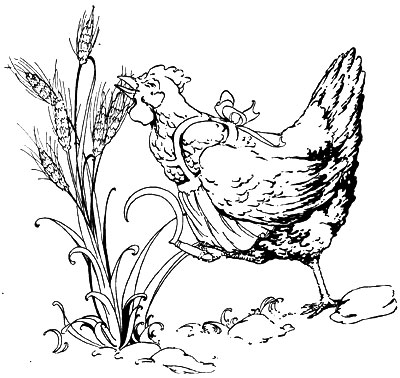
“Well,
then,”
said the
Little
Red Hen,
“I will.”
And she did.

he got the sickle from among the farmer's tools in the barn and proceeded to cut off all of the big plant of Wheat.
On the ground lay the nicely cut Wheat, ready to be gathered and threshed, but the newest and yellowest and downiest of Mrs.
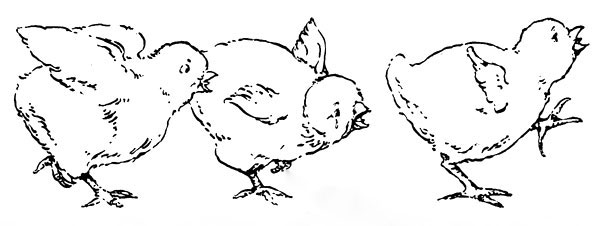
Hen's chicks set up a “peep-peep-peeping” in their most vigorous fashion, proclaiming to the world at large, but most particularly to their mother, that she was neglecting them.
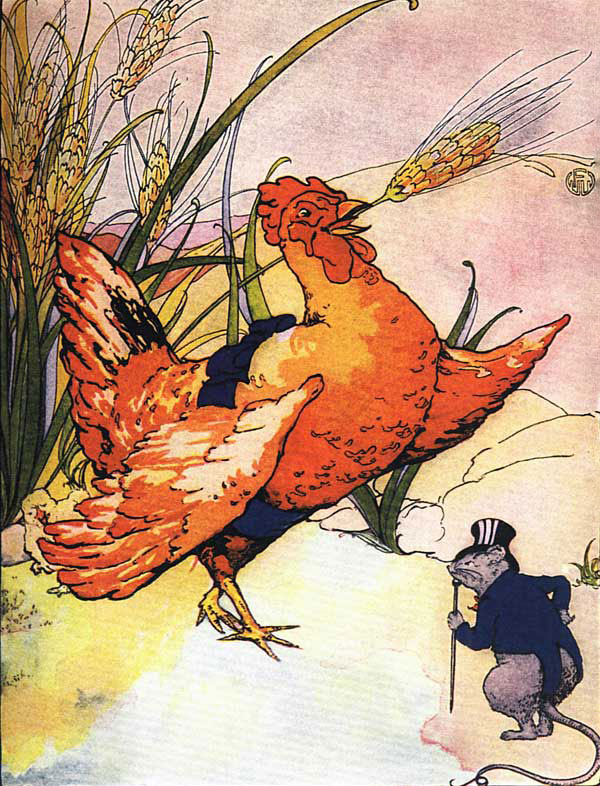

oor Little Red Hen! She felt quite bewildered and hardly knew where to turn.
Her attention was sorely divided between her duty to her children and her duty to the Wheat, for which she felt responsible.
So, again, in a very hopeful tone, she called out, “Who will thresh the Wheat?”
But the Pig, with a grunt, said, “Not I,” and the Cat, with a meow, said, “Not I,” and the Rat, with a squeak, said, “Not I.”
So the Little Red Hen, looking, it must be admitted, rather discouraged, said, “Well, I will, then.”
And she did.
Of course, she had to feed her babies first, though, and when she had gotten them all to sleep for their afternoon nap, she
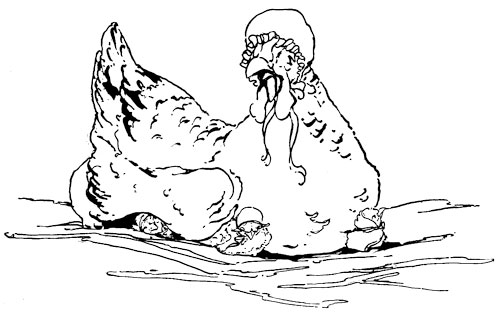
went out and threshed the Wheat. Then she called out: “Who will carry the Wheat to the mill to be ground?”
Turning their backs with snippy glee, that Pig said, “Not I,”
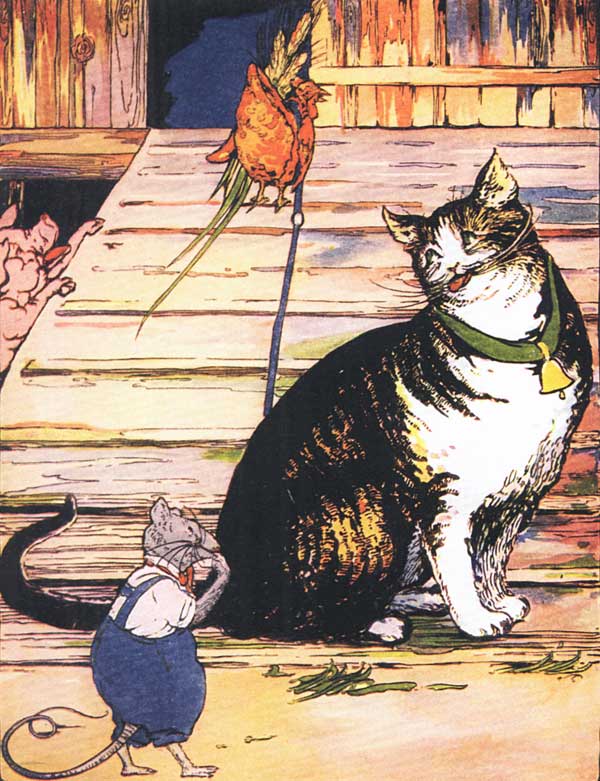
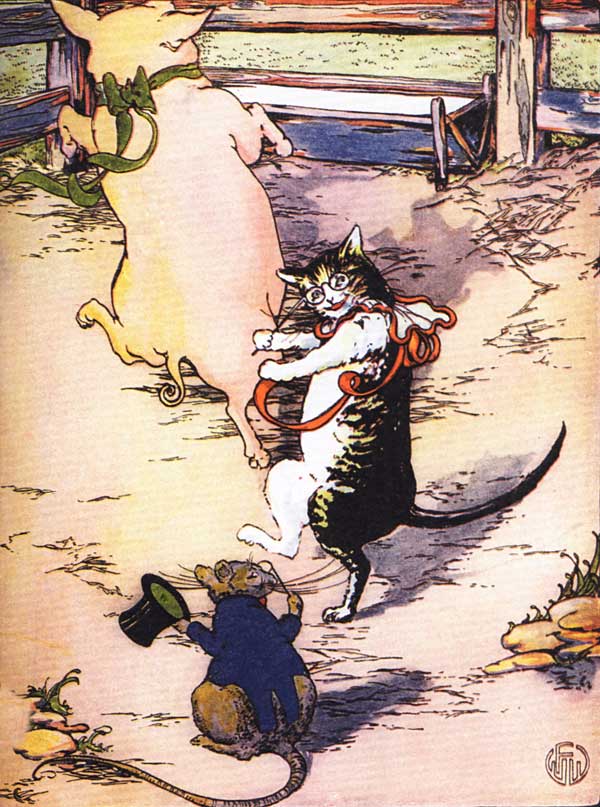
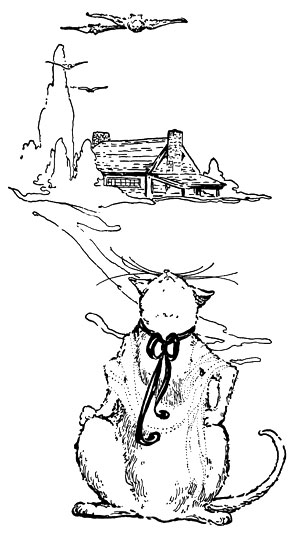
and
that
Cat
said,
“Not I,”
and
that
Rat
said,
“Not I.”

o the good Little Red Hen could do nothing but say, “I will then.” And she did.
Carrying the sack of Wheat, she trudged off to the distant mill. There she ordered the Wheat ground into beautiful white flour. When the miller brought her the
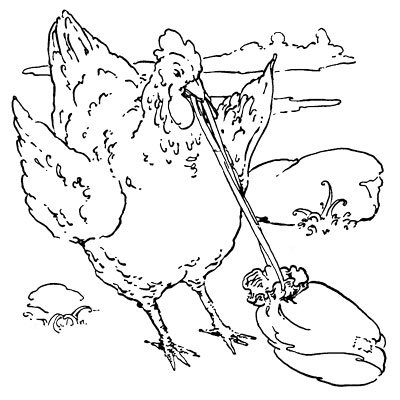
flour she
walked
slowly
back all
the way
to her own
barnyard
in her own
picketty-pecketty
fashion.
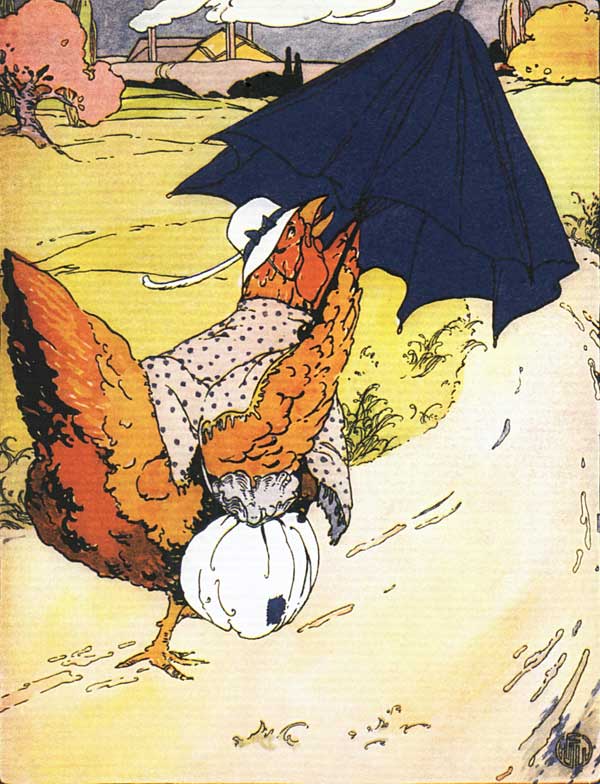


he even managed, in spite of her load, to catch a nice juicy worm now and then and had one left for the babies when she reached them. Those cunning little fluff-balls were so glad to see their mother. For the first time, they really appreciated her.
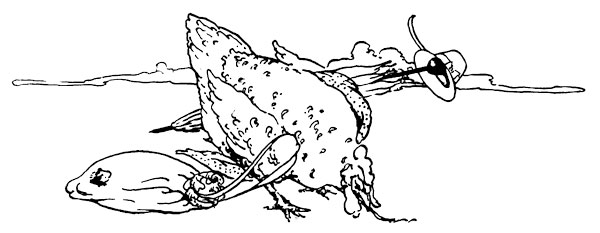
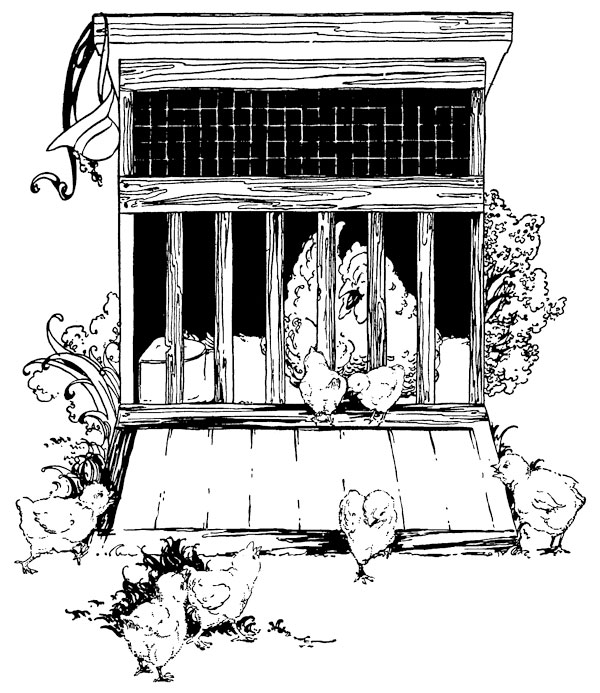
After this really strenuous day Mrs. Hen retired to her slumbers earlier than usual—indeed, before the colors came into the sky to herald the setting of the sun, her usual bedtime hour.
She would have liked to sleep late in the morning, but her chicks, joining in the morning chorus of the hen yard, drove away all hopes of such a luxury.
Even as she sleepily half opened one eye, the thought came to her that to-day that Wheat must, somehow, be made into bread.
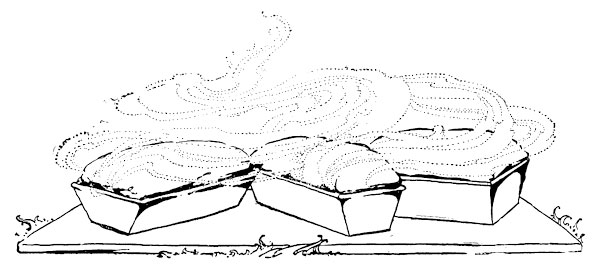
She was not in the habit of making bread, although, of course, anyone can make it if he or she follows the recipe with care, and she knew perfectly well that she could do it if necessary.
So after her children were fed and made sweet and fresh for the day, she hunted up the Pig, the Cat and the Rat.
Still confident that they would
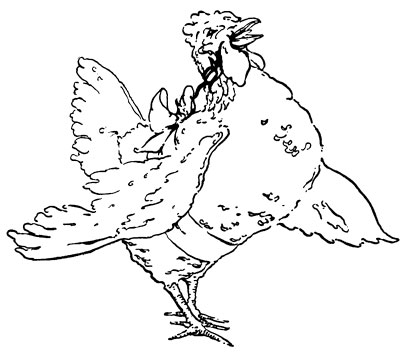
surely help
her some day
she sang out,
“Who will
make the
bread?”

las for the Little Red Hen! Once
more her hopes were dashed! For
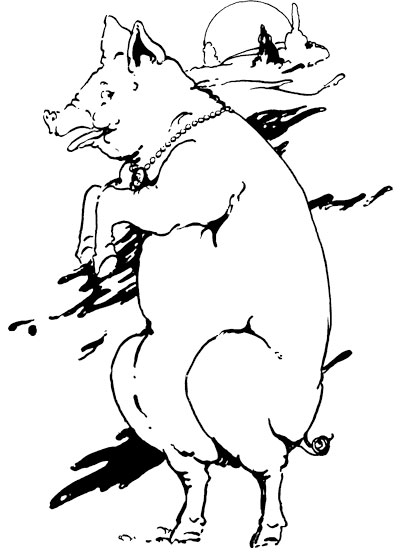
the
Pig
said,
“Not
I,”

the
Cat
said,
“Not
I,”
and
the
Rat
said,
“Not
I.”

o the Little Red Hen said once more, “I will then,” and she did.
Feeling that she might have known all the time that she would have to do it all herself, she went and put on a fresh apron and spotless cook's cap. First of all she set the dough, as was proper. When it was time she brought out the moulding board and the baking tins, moulded the bread, divided it into loaves, and put them into the oven to bake. All the while the Cat sat lazily by, giggling and chuckling.
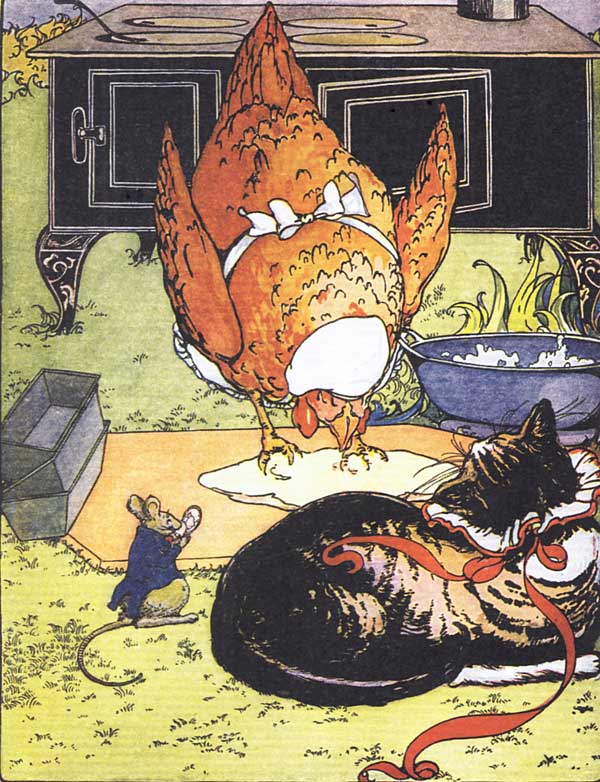

And close at
hand the
vain Rat
powdered
his nose
and admired
himself
in a mirror.
In the distance
could be
heard the long-drawn
snores of
the dozing Pig.

t last the great moment arrived. A delicious odor was wafted upon the autumn breeze. Everywhere the barnyard citizens sniffed the air with delight.

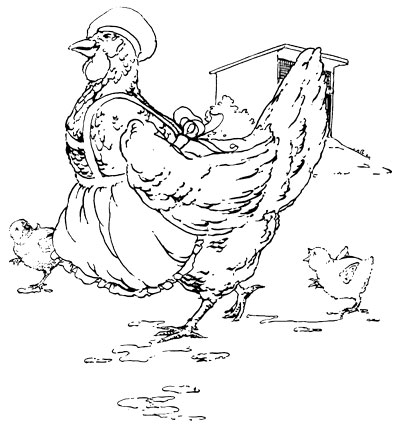
The Red Hen ambled in her picketty-pecketty way toward the source of all this excitement.

lthough she appeared to be perfectly calm, in reality she could only with difficulty restrain an impulse to dance and sing, for had she not

done
all
the
work
on
this
wonderful
bread?

mall wonder that she was the most excited person in the barnyard!
She did not know whether the bread would be fit to eat, but—joy of joys!—when the lovely brown loaves came out of the oven,

they were done to perfection.
Then, probably because she had acquired the habit, the Red Hen called:
“Who
will
eat
the
Bread?”

All the animals in the barnyard were watching hungrily and smacking their lips in anticipation, and
the Pig said, “I will,”
the Cat said, “I will,”
the Rat said, “I will.”
But the Little Red Hen said,
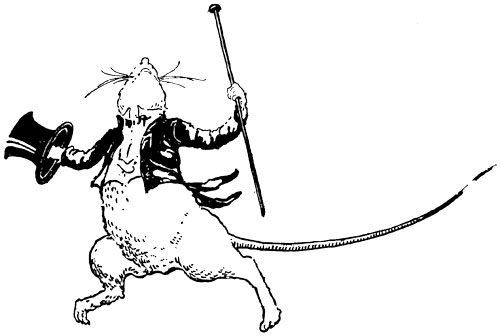
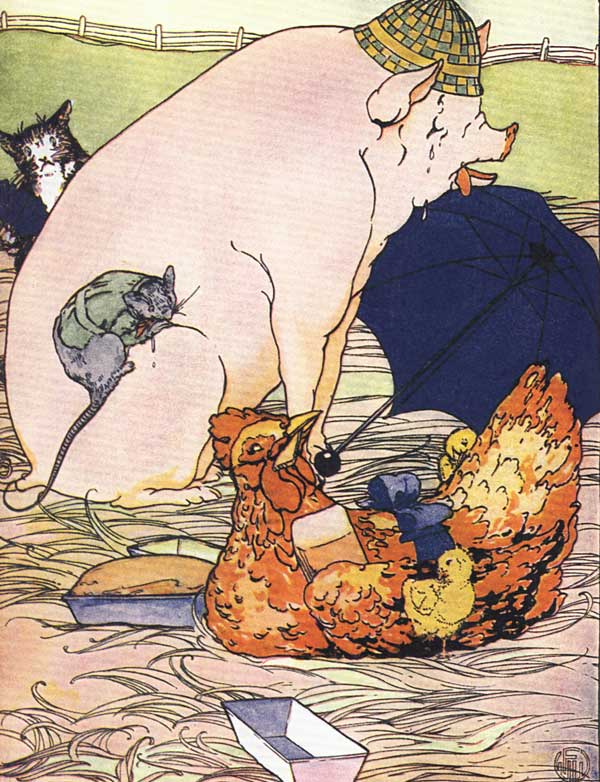
“No, you won't. I will.”

And
she
did.

